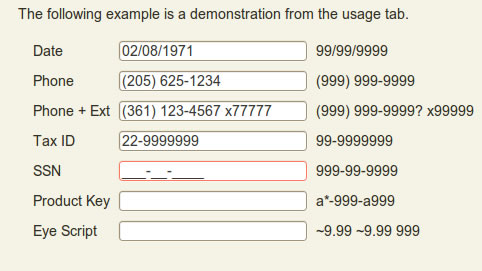Python File Write Number Format
I'm new to Python, so I'm not sure how I should do this. I have a list of strings to write to a file. Each string needs to be preceded by a 32bit integer equal to the length of the string.
All examples on this page work out of the box with with Python 2.7. As a name this simple style should only be used to format a relatively small number of. Input and Output ¶ There are several. Be very careful to use binary mode when reading and writing such files. If you don’t explicitly close a file, Python. This tutorial will briefly describe some of the format types Python is able to. And write a text file in Python 3. In order to do some number crunching. I am trying to count the number of times each number appears in a file, then print the original number and its count to another file. The original numbers are sorted.
I need to have all the data that's going to be written to the file before I write it to the file. In C#, I would store everything in a byte array before writing, but I have no clue what to do in Python. Driver Ricoh R5u870 Windows 7 on this page.

Should I use a list, or is there a better data type? How should the information be stored? Edit: an example of what it would look like is: 00 00 00 04 74 65 73 74 the four bytes of an integer in big endian, followed by the string.
If you data is stored in the list named 'data' and you want your output to go to a file named 'data.out' the following code will accomplish this: data = ['this', 'is', 'a', 'complicated and long', 'test'] with open('data.out', 'w') as outfp: for d in data: outfp.write('%4d%s n'%(len(d), d)) yields: 4 this 2 is 1 a 20 complicated and long 4 test as output in file 'data.out'. Note that the '4' in%4d helps line up the numbers with leading spaces so that the come out formatted nicely.

Alternatively, if you want the ASCII integer values for the characters: with open('data.out', 'w') as outfp: for d in data: outfp.write('%4d%s n'%(len(d), ' '.join([str(ord(i)) for i in d]))) and you will get 4 116 104 105 115 2 105 115 1 97 20 99 111 109 112 108 105 99 97 116 101 100 32 97 110 100 32 108 111 110 103 4 116 101 115 116.



